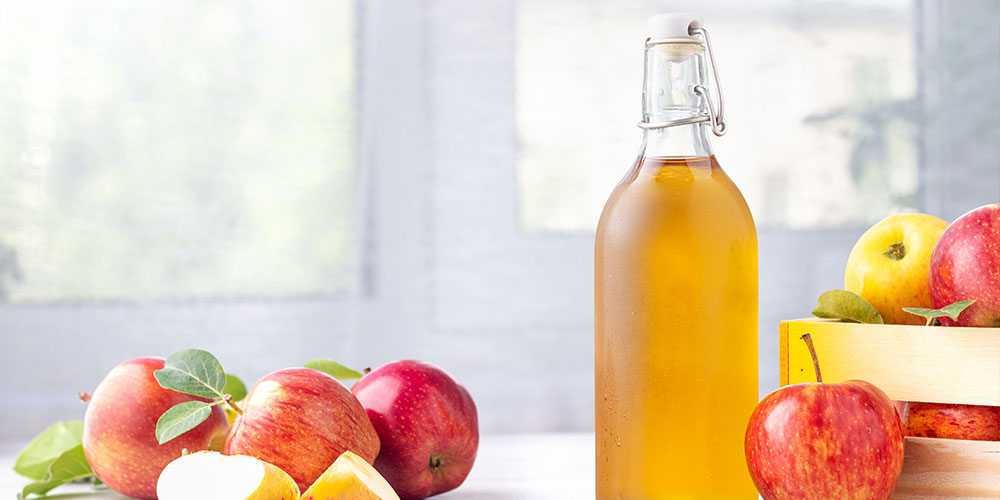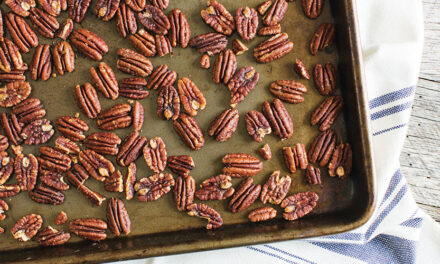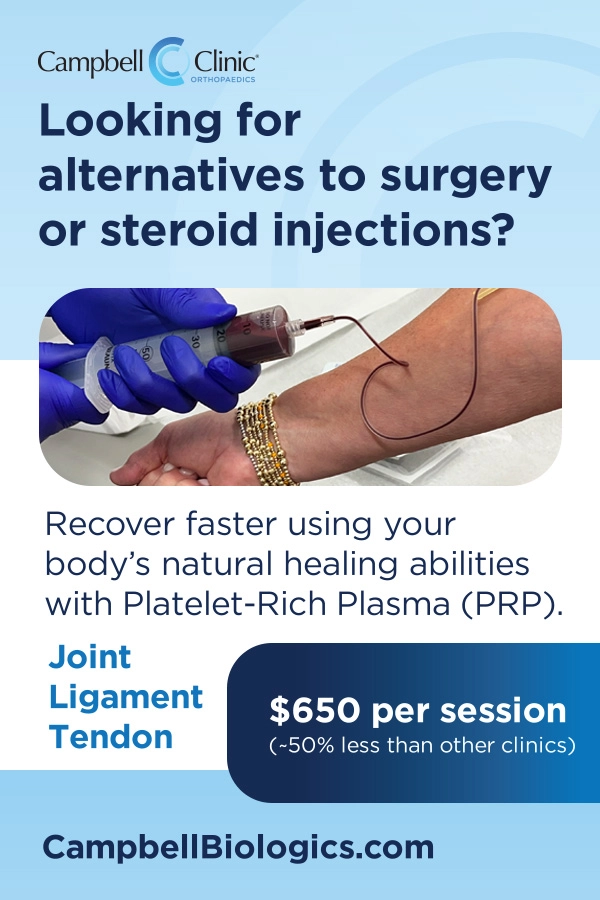We’ve got answers to some of your most popular food, fuel, and weight loss questions – answered by the registered dietitians at Memphis Nutrition Group!
Does putting lemon in your water really speed up your metabolism?
In short, no. Putting lemon in your water will not speed up your metabolism. Misconceptions about metabolism abound. To clarify, metabolism is not an organ that one can point to in the body; it is a term to describe all of the chemical processes that happen for the body to break down food and oxygen into energy. Many factors affect metabolism, including genetics, age, and metabolic disorders, to name only a few. The best way to support a fast, normal functioning metabolism is eating regularly and consistently throughout the day while honoring hunger cues.
Does drinking apple cider vinegar aid in weight loss?
Evidence to support claims that apple cider vinegar (ACV) can promote weight loss is extremely limited. Studies that claim ACV influences modest weight loss contain several significant limitations: strong risk of bias, small sample size, short follow-up periods, and lack of blinding for the intervention group. Most studies show no impact on weight loss in the intervention groups.
Apple cider vinegar is extremely acidic and can cause esophageal irritation if consumed undiluted. While ACV can be a delicious addition to salads and other dressings or dishes, using it for more than a flavor enhancer is not likely helpful. Studies show that intentional efforts towards weight loss via dieting typically result in weight-regain over time. Skip the diets and enjoy regular, consistent meals and snacks to support a healthy metabolism and a steady supply of energy!
What are probiotics and prebiotics?
It may be surprising to hear about such a thing as “good bacteria,” but living inside our digestive system are trillions of good, healthy bacteria called probiotics that support our immune function and digestive health, often called the ”gut microbiota.” Probiotics are live bacteria found either in supplement form or naturally in fermented foods such as yogurt, kefir, sauerkraut, and kimchi that help increase the good bacteria in our gut.
Like all living things, bacteria need an energy (food) source to thrive. Prebiotics are compounds in food that support the growth or activity of beneficial microorganisms like probiotics. They are found naturally in high-fiber foods such as whole grains, oatmeal, fruit, and vegetables.
Do I need to eat breakfast?
Research has linked eating breakfast to improvements in overall health, and some studies have found an association between skipping breakfast and an increase in LDL (bad) cholesterol. Breakfast creates the perfect opportunity to include nutrient-dense foods that may be missed later in the day.
Eating regular, consistent meals and snacks throughout the day is the best way to support a healthy metabolism and prevent excessive or “catch-up” hunger later. Most people “fast” overnight while sleeping, so including breakfast first thing in the morning provides much-needed energy to support the activities of the day and prevent over-eating later.
When planning your breakfast meal, try to incorporate a source of carbohydrates paired with protein and/or fats. The carbohydrate choice provides quick energy, while the protein/fats offer sustenance and satiety. A few breakfast examples include:
- Eggs with waffles and berries
- Oatmeal made with milk, fruit, and nuts
- An egg, cheese, and tomato bagel with apple slices on the side
How much protein should I eat in a day?
Individual protein needs vary based on age, activity level, sport, and recovery needs (post-workout, recovery from injury, or surgery). Consistency is key! Spreading your protein intake out evenly across the day will support muscle protein synthesis and decrease muscle loss as we age.
When actively engaging in endurance and strength training, protein needs range from 1.2g/kg to 1.7g/kg of body weight.
The primary goal of recovery nutrition is to repair and refuel your muscles and replace lost fluid. Post-workout, aim for 20-30 grams of protein and 45 – 75 grams of carbohydrates. Muscle development occurs at rest and is supported by the foods we consume. Examples include:
- Smoothie containing whey protein and fruit • Chocolate milk and banana
- Greek yogurt with fruit and granola • RX Bar and sports drink
Post-injury or surgery, protein needs double to a range of 1.6g-2.0g/kg. Protein with an emphasis on amino acid intake may help stimulate bone collagen synthesis, repair tissue, and form antibodies to fight infections.
Blair Mize, MS, RD, CSSD, LDN • Emily Hood, MA, RDN, LDN • Kendall Owen, RDN, LD N • Alisha Parker, MS, RDN, LDN









